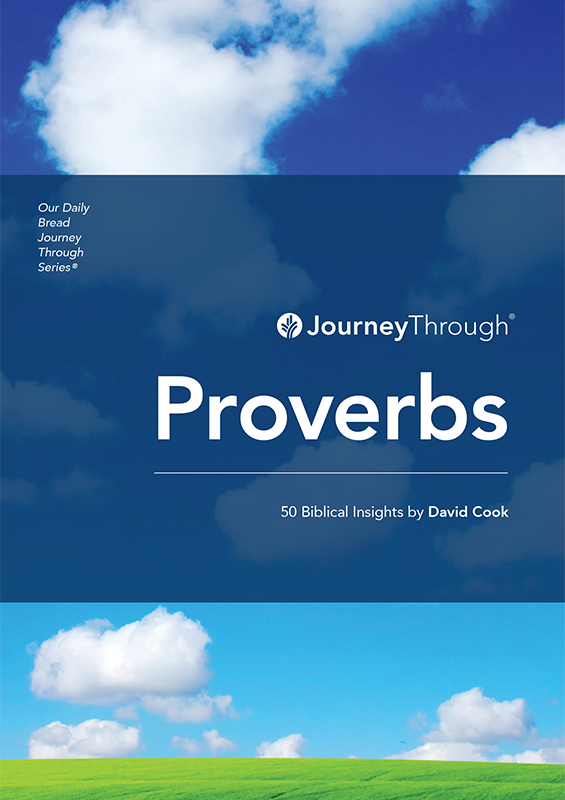Proverbs
by David Cook
King Solomon, who reigned over Israel between 970 and 931 BC, was the main contributor to the book of Proverbs. He was responsible for the long section on wisdom (chapters 1–9) and the pithy proverbs in 10:1–22:16. The proverbs in 22:17–24:34 were adapted from wise men outside Israel. This section is followed by more of Solomon's proverbs (25:1–29:27).
We know nothing about Agur, whose fascinating proverbs follow in chapter 30, and little of King Lemuel, who was neither a king of Israel nor of Judah but who had a wise mother whose oracle he passes on in 31:1–8. The epilogue, 31:9-31, commends the woman of wisdom. This accolade has been given to Ruth (Ruth 3:11), linking it with the book of Ruth, which follows Proverbs in the Hebrew canon.
Proverbs' key theme, that ″the fear of the Lord is the beginning of knowledge″ (1:7, 9:10), reminds us that true knowledge and wisdom can be found only in a relationship of reverence and respect for God. To be truly wise is to revere God and to live according to His Word.
The Structure of Proverbs
Key Verse
″The fear of the Lord is the beginning of knowledge, but fools despise wisdom and instruction.″ —Proverbs 1:7





